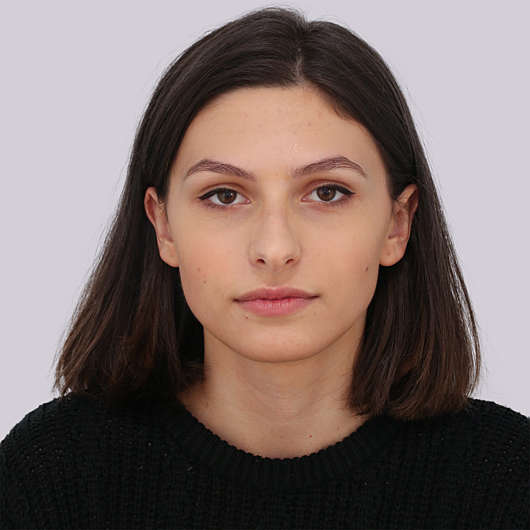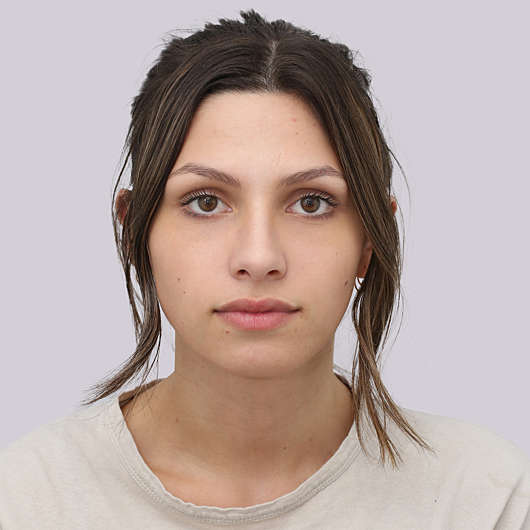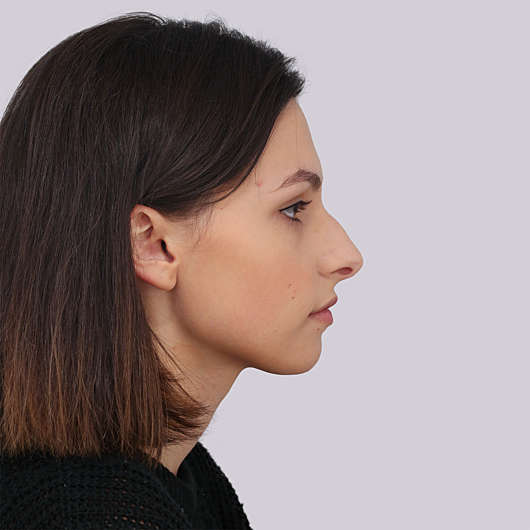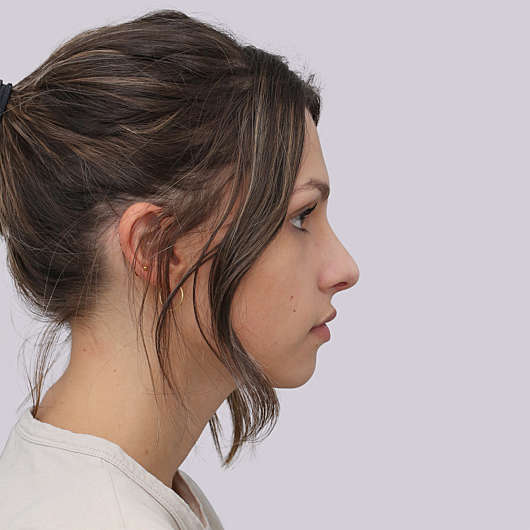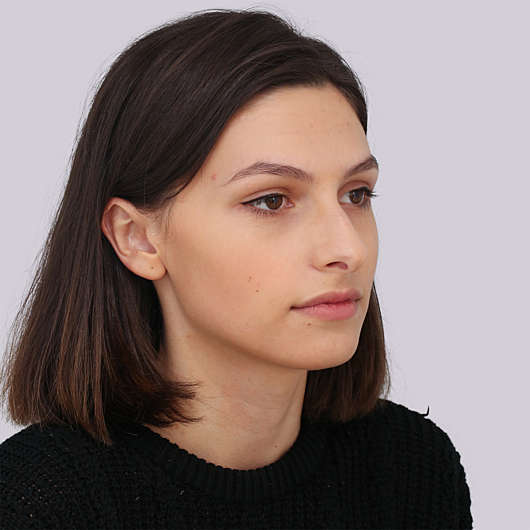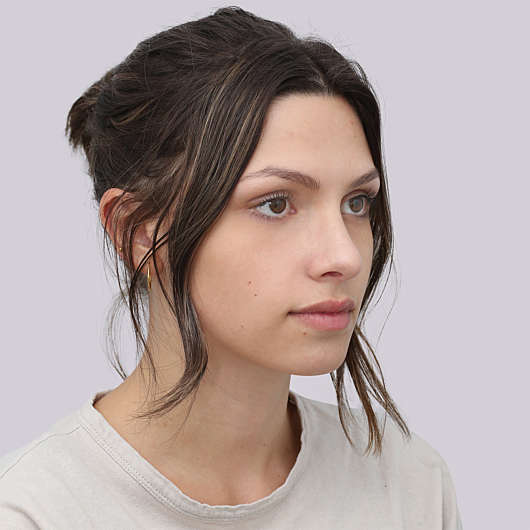
Expert Rhinoplasty
Rhinoplasty surgery is considered the most challenging and intricate facial plastic operations. The surgery itself should be considered a highly complex sub-specialist operation rather then a routine procedure. Dr Ha is a highly skilled and experienced rhinoplasty surgeon, having performed over 2000 rhinoplasties. He highly specialises in primary rhinoplasty (first time), revision rhinoplasty and complex multiple revision rhinoplasty surgery.
Nose job (rhinoplasty) surgery may be performed purely for cosmetic reasons, purely for breathing issues, or for a combination of both aesthetic issues and to correct breathing issues. With expert training and experience in both rhinoplasty, facelift surgery and ear, nose and throat (ENT) surgery, Dr Ha has the expertise to address all functional and cosmetic aspects of the nose.
Rhinoplasty Before & After
To see more rhinoplasty before & afters, click here
